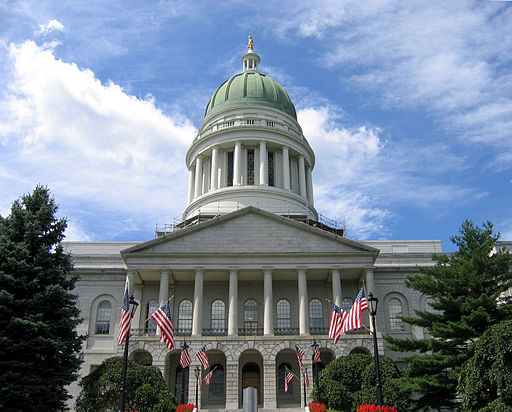Maine voters will decide a constitutional amendment to create a state right to growing, raising, harvesting, and producing food, as well as saving and exchanging seeds, at the election on November 2, 2021. People would have this right as long as an individual does not commit trespassing; theft; poaching; or abuses to private land, public land, or natural resources in the process of acquiring food.
The Maine Senate approved the constitutional amendment, which required a two-thirds vote in both legislative chambers, on July 2. The House approved the amendment on June 10. Of House Democrats, 75 voted “Yes” and 2 voted “No.” Of House Republicans, 26 voted “Yes” and 29 voted “No.” The constitutional amendment also received the support of the House’s four independent and third-party members. As a constitutional amendment, the governor’s signature is not required for the proposal to go before voters.
State Rep. William Faulkingham (R-136) introduced the constitutional amendment. He said the proposal was needed to “protect our food rights for future generations.” He added, “Will Monsanto own all the seeds, and will we have gotten so far from our roots that we won’t even have natural seeds anymore? Will people even be allowed to grow gardens?”
House Minority Leader Kathleen Dillingham (R-72), who voted against the amendment, said, “I think most of us here agree we have every right to grow, raise, harvest and choose our own food, on our own property. But this isn’t limited to just that.” She also stated, “This language is so broad we will be placing these challenges in the hands of the courts to interpret intent.”
The constitutional amendment is the first legislative referral certified for Maine’s November 2021 ballot. A citizen-initiated measure to prohibit the construction of electric transmission lines in the Upper Kennebec Region, including the New England Clean Energy Connect, will also be on the ballot. As of July 2, the state Legislature had also approved a referred statute and a bond issue, which require the governor’s signature before being certified for the ballot.
The Maine State Legislature is also considering a constitutional amendment to create a state “right to a clean and healthy environment.” Between 1995 and 2020, the average number of measures on an odd-year ballot in Maine was between five and six. On average, there were one initiative, one amendment, and three bond measures.
Additional reading:


